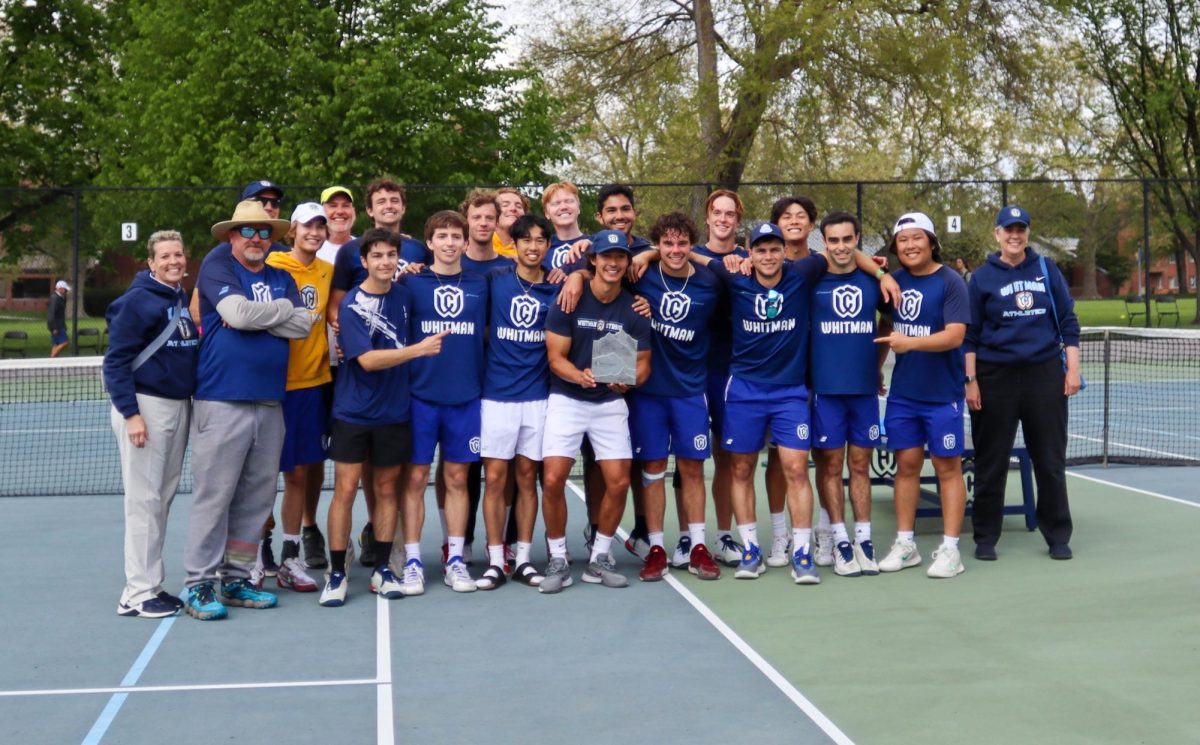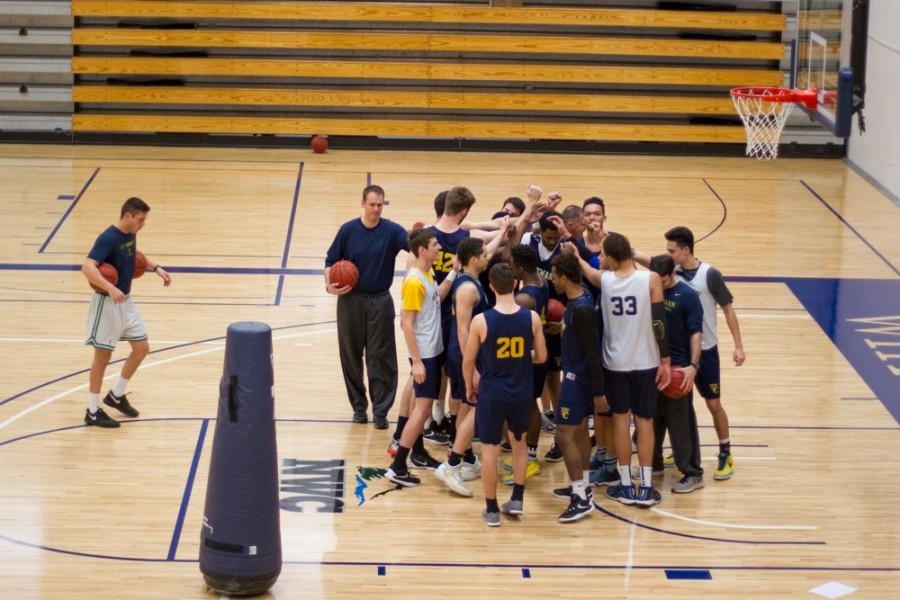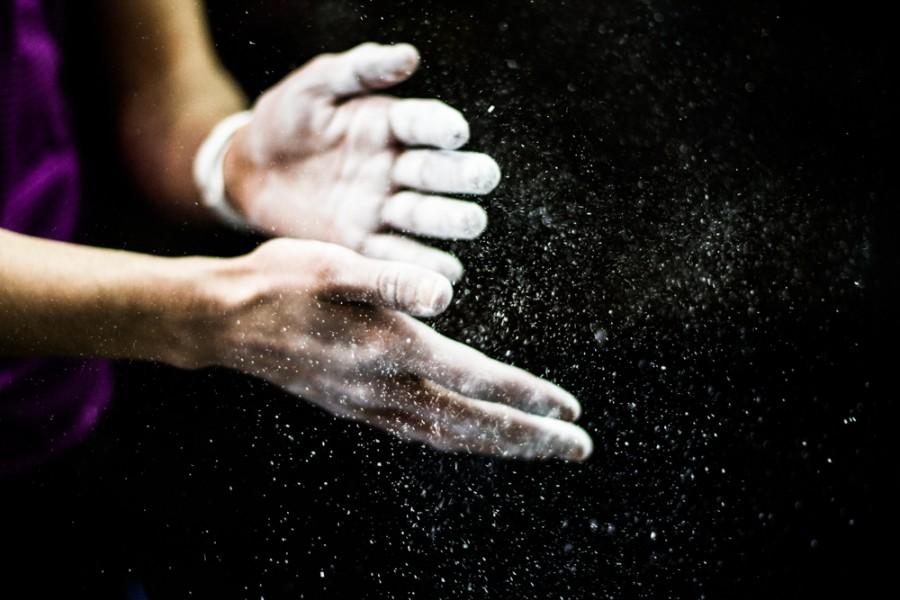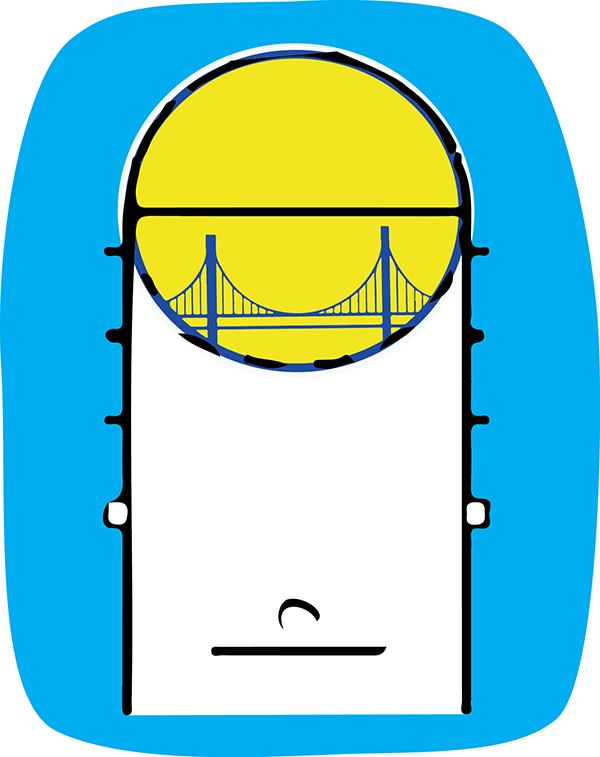As a Division III school, the Whitman athletics department has a unique challenge in budgeting and successfully funding all its sports programs from season to season. Though most costs are covered in the athletic budget allotted by the college, there is still typically a gap.
To close that gap and fully fund every program, in 2005 Whitman athletic director Dean Snider and a group of alumni got together and started the W Club, a group dedicated to bettering Whitman and the Whitman experience through the support of athletics at Whitman.
“In my first year as Athletic Director, I met with four interested alumni, and they wanted to find a way to support the college through supporting excellence in athletics. So from the beginning, it was all about supporting the best interests of Whitman College and their side that they wanted to support was that of excellence in varsity athletics,” said Snider.
The implementation of the W Club didn’t happen overnight, however. There were regulations to be put in place as well as sets of laws to maintain an order in the donating process.
“The conversations first started in the fall of ‘05 and we were fully functional in 2007, after we went through a process of creating bylaws and getting those approved,” said Snider.
Now consisting of 19 board members and approximately 700 donors year-round, the club is thriving, but stays particular about who sits on the board.
“We look for persons who are enthusiastic and can devote time and resources to the W Club. We draw from alumni, parents, and students and friends of Whitman College Athletics,” wrote Julie Gaisford, current president of the W Club, in an email.
One goal of the board is to develop and maintain an open relationship with each coach within the athletic department, through what they call the Ambassador Program.
“We have two, maybe three board members for each program, and they spend time trying to connect with and get to know the coach and the coach gets to know them. And basically they just make sure they know the team’s needs directly from the coach,” Snider said.
“It’s definitely based on the coaches initiative for [the Ambassador Program] because the board members don’t want to be intrusive or try to direct a program,” he added.
The coaches appear to wholeheartedly support this approach. The interaction between the W Club and the student-athletes and coaches has been, according to women’s basketball coach Michelle Ferenz, top-notch.
“They want to know the student athletes, they want to know who they are and they want to know what they need,” said Ferenz.
This structure that determines how the money is spent is a much more bottom-up model than is seen at other, larger schools, where teams could have less control over how the money is spent.
“The W Club looks at the student-athletes, and they say ‘What do you need to make this experience better?'” said Ferenz. “They really don’t dictate anything in terms of how money should be spent.”
Regardless of where exactly donations go, however, the board, as well as all who donate, have a common objective in mind.
“We do not consider ourselves a booster club. We believe we are much more. We’re a community within the Whitman family consisting of people with common experience and values that support the mission of the College though varsity athletics,” Gaisford said.
“We share a common interest and belief in the role of varsity athletics within the mission of Whitman College. We hope to continue to grow the endowment as well as support for the annual varsity athletic operating budget,” she said.
Though relatively early in its life, the W Club has grown to become an increasingly passionate, and reliably helpful entity for Whitman athletics.
“Though the club has only been around for seven years, I’m thrilled with where we are at. I think that without the W Club, we’d be way behind. Are there ways we can be better? We’re always looking for that and we worked really hard in this last iteration of board members to make sure we had strong female voicing on the board, and more representation from younger voices who are closer to their athletic experiences so that we can be sure we are staying relevant and not living in the past,” said Snider.
Head golf coach Skip Molitor worked at five Division I schools around the area before his time here at Whitman, and sees the W Club as on par or better than similar organizations at those bigger schools.
“We operate at a level that’s definitely comparable to what a lot of DII and DI booster clubs operate at,” said Molitor.
Both coaches pointed out the necessity of having a large booster club in order to provide opportunities for student-athletes that would not be there otherwise. This year the women’s basketball team had trouble scheduling out of conference preseason games because other teams were reluctant to play against last year’s national runner-up. The W Club saw this need and helped fund trips to two preseason tournaments in Wilmington, OH and Colorado Springs, CO.
“We’ve struggled to get preseason games this year and we are having to travel more to get good competition,” said Ferenz. “It’s a challenge and it’s our reality and the W Club is there to help support us and help us make up the financial gap.”
Despite these obvious positives, the formation of the W Club has definitely signalled a shift in thinking around the college. Instead of solely focusing on academics, the school has made an obvious push to bring the level of varsity sports up to the level of its academics. Any concerns that the W Club could be siphoning money that would have been donated towards the academic-side of the school though, are close to nonexistent.
“It’s a nice bridge to bring athletic alumni back into the fold,” said Ferenz. “The W Club taps that other group that maybe doesn’t want to give to the science department, but they’re really excited to give back to a program that they loved.”
Instead of taking away from the academic side of the school, the W Club has made it clear that it is only enhancing–not negating– any experience.
“It was made very clear at the outset of this endeavor that sports needed to be integrated into the overall program of Whitman and not detract from the academic purpose,” wrote W Club board member Jerry Hillis in an email.
This approach makes sense, especially considering the school raised close to $14 million between July 1, 2013 and June 30, 2014. During that same time period, The W Club raised a comparatively small $243,838. While this money pales in comparison to what is being donated to the school, it is clear that it has had hugely positive impacts. Without the W Club, there is little doubt that Whitman athletics would be in a much worse, or at least less well-funded, state.







